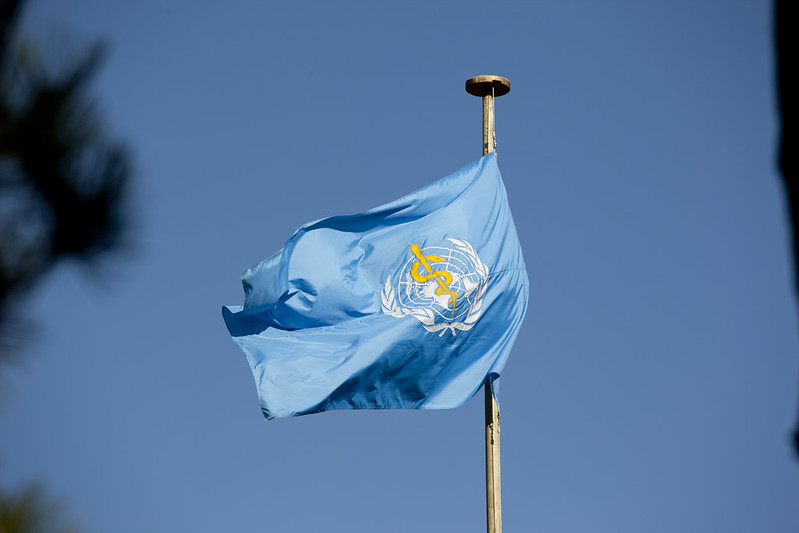Today, the World Health Organization (WHO) Intergovernmental Negotiating Body (“INB”) for the Pandemic Treaty begins a two day public hearing on the substantive elements that should be included in the treaty which has begun negotiating this year. A new briefing published today by the informal Civil Society Alliance for Human Rights (“Alliance”), of which the ICJ is a member, raises substantial concerns about the nature and participatory range of public consultations proposed by the INB.
Last year, the Alliance published and disseminated a set of 10 “Human Rights Principles for a Pandemic Treaty”, calling on Member States of the WHO to ensure that the Treaty eventually adopted is firmly grounded in human rights and agreed through a process which includes full, meaningful and effective participation of civil society organizations, including community-led organizations.
While this week’s public hearings reflect the INB’s stated objective to consult the public to some extent, it has interpreted its responsibility to do so very narrowly. The INB has allocated minimal time to engaging with the wide range of stakeholders who could inform the process and improve both the legitimacy and quality of the Treaty that emerges.
The Alliance’s brief draws attention to the inadequacy of the process proposed by the INB, and recommends that the following the INB takes all necessary steps to adjust its “proposed modalities of engagement for relevant stakeholders” to ensure full, meaningful and effective participation in the drafting of the Pandemic Treaty, including by:
- Removing the requirement that only organizations with official relations can participate in all aspects of the treaty drafting processes. If any accreditation is required for participation in treaty drafting processes, ensure the facilitation of an accessible, simple method of expedited accreditation for civil society organizations in particular.
- Facilitating significant opportunities for a broad and representative range of civil society and community-led organizations to participate fully in all INB meetings, whether substantive or procedural in nature, both in person and remotely, allowing sufficient time in all meetings for oral inputs. This could include, for example, holding consistent regional consultations or discussions.
- Setting up a process by which ample and consistent opportunities are provided to a broad and representative range of civil society and community-led organizations to submit written statements and recommendations to the INB.
- Fully, meaningfully and effectively consulting a broad range of civil society and community-led organizations about the desirable length, dates, platforms and all other aspects of the proposed “public hearings” and “regional consultations.”
- Scheduling regular briefings for civil society and community-led organizations to fully them as to avenues for participation in INB processes and the treaty drafting process more generally.
- Providing timely access to documents, such as draft provisions of the treaty and draft documents setting out modalities and timelines for the treaty drafting process.
- Providing, wherever necessary, interpretation and other services and accommodations needed, including for persons with disabilities, to ensure that all persons can enjoy full participation on a continuous basis.
For more information:
[Infographic] Civil Society Alliance for Human Rights in the Pandemic Treaty “Effective Participation in the Drafting of a Pandemic Treaty”
[Principles] Civil Society Alliance for Human Rights in the Pandemic Treaty “Human Rights Principles For a Pandemic Treaty”





